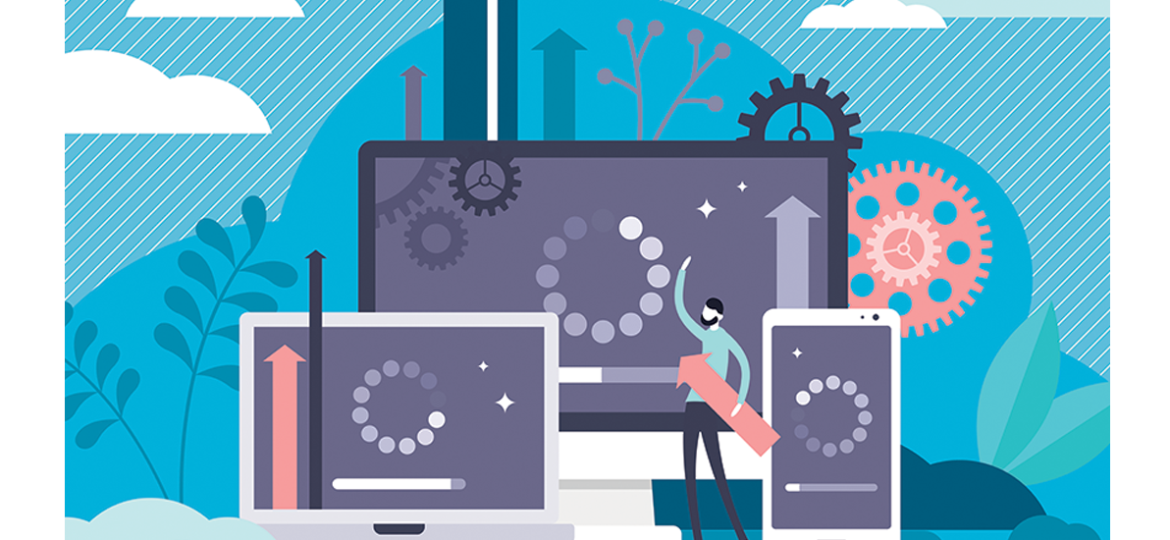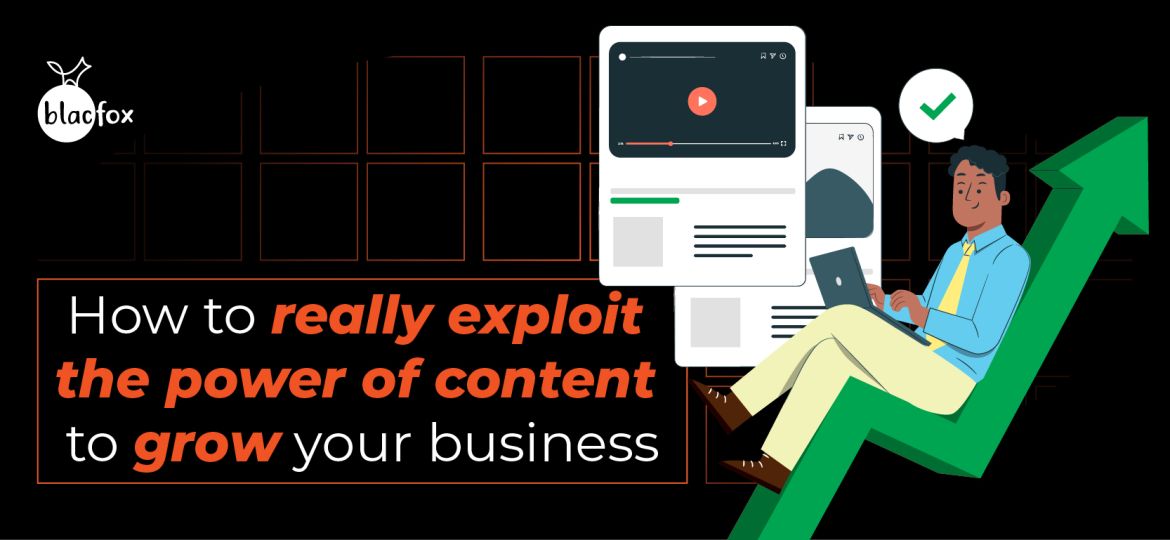The shift to digital, to cloud, to remote work: these are terms that are appearing frequently in 2020. And given that we are in a time where physical contact is amiss and workforce stability is quickly dropping, it’s not surprising. Businesses are desperately grasping for stability, and the only thing keep the economy from falling even further than it already has is the access to cloud and the ability to work remotely.
Kerushan Govender
With the shift to the cloud, everyone is empowered to have access to technology in an easy way. It doesn’t matter what size your business is, a small business, mid-market business or a large enterprise, everyone has access to the same technology.
We have arrived at a critical point in our digital evolution. The impact of the COVID-19 pandemic will lead to a huge point of change in the way we will be working in the future. As tech companies, providing free trails and sharing digital content will be the key in getting ahead of the competition.
This sudden shift in the market has become an enormous opportunity for IT companies developing communication technology and digital platforms – and this now much-needed market is sure to grow from here on out.
This shift is happening, and in 2020 it's happening faster than ever before. So how will you better equip yourself in this sudden shift to remote work? And how are you, as a company, supposed to add value to your customers in this time of need?
The economic recession that occurred during 2007-2008 was the most severe financial crisis since the Great Depression of the 1930s. But smart companies managed to survive the crisis and smarter companies even managed to prosper. So what should brands and companies be doing to thrive amidst our current crisis?
Digital is here to stay - and this article will tell you how not to lose out on a massive gap in the market in the most critical shift in consumer behaviour. We have been asked to refrain from social gatherings, to work from home, and to wait the whole thing out.
We are in a historically significant time right now, so what can we do about it and what can we expect?
IT buyer expectations are shifting along the lines in which cloud is sold. Customers tend to favour smaller upfront purchases, which may carry with them longer term, incremental (subscription-based) purchases.
The importance of consistent story from acquiring traffic to making the sale. To maintain a consistent story one must understand what value your business adds to its market place.
IT has come a long way from the days of merely supporting the business from afar. At the risk of sounding like an IT zealot, I must remark that IT is, today, a means by which all business is done.











